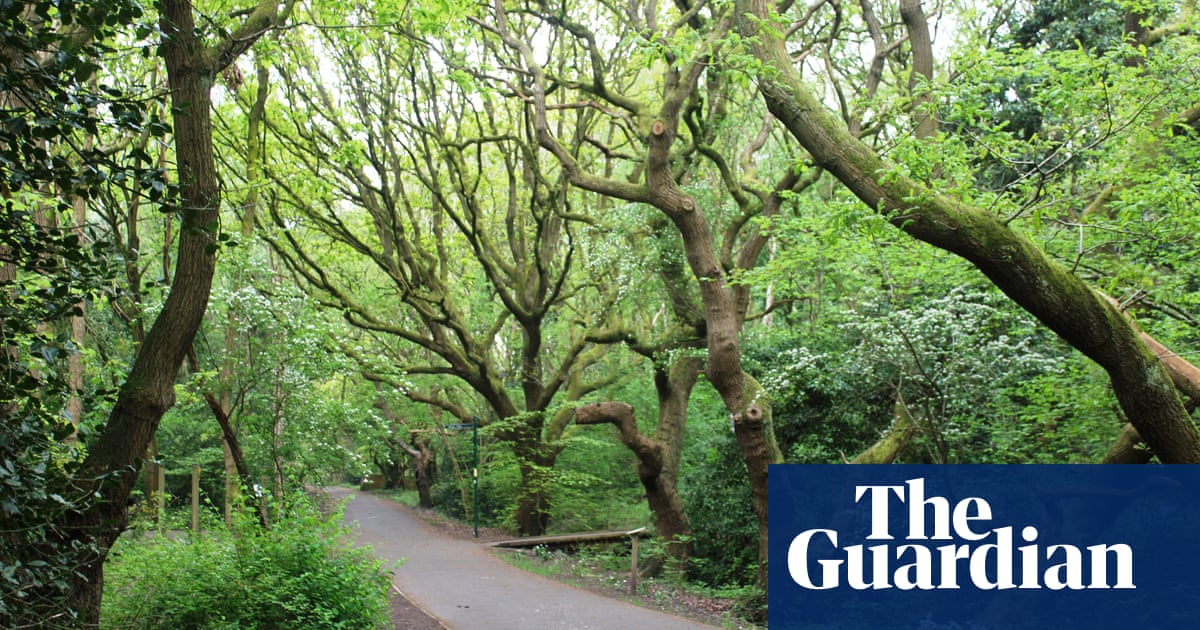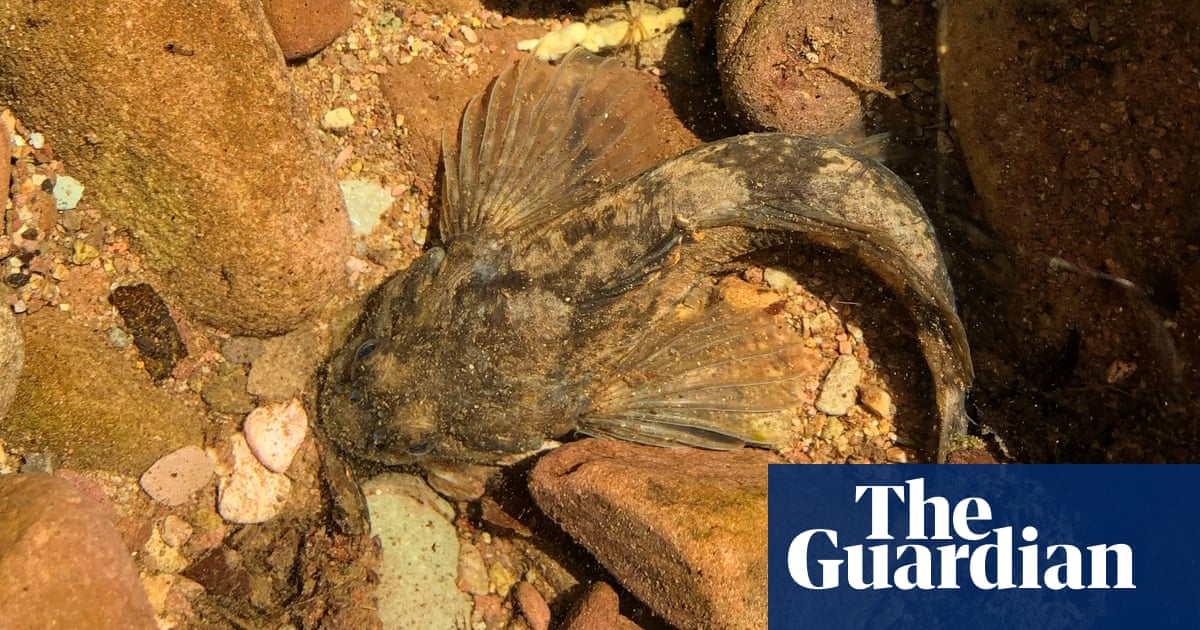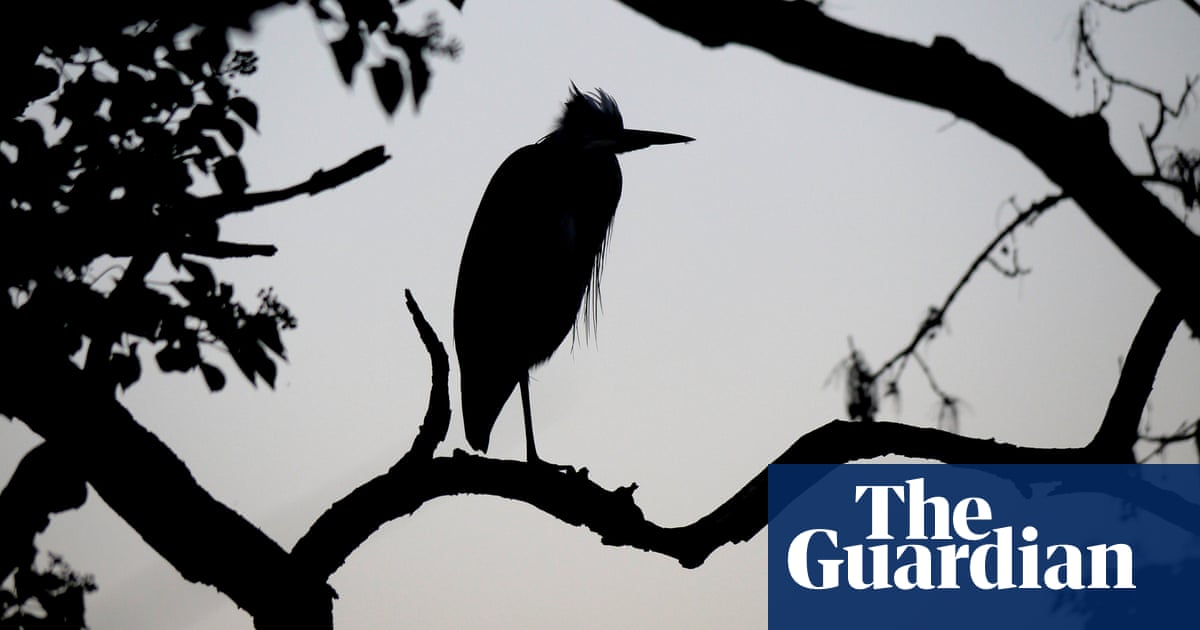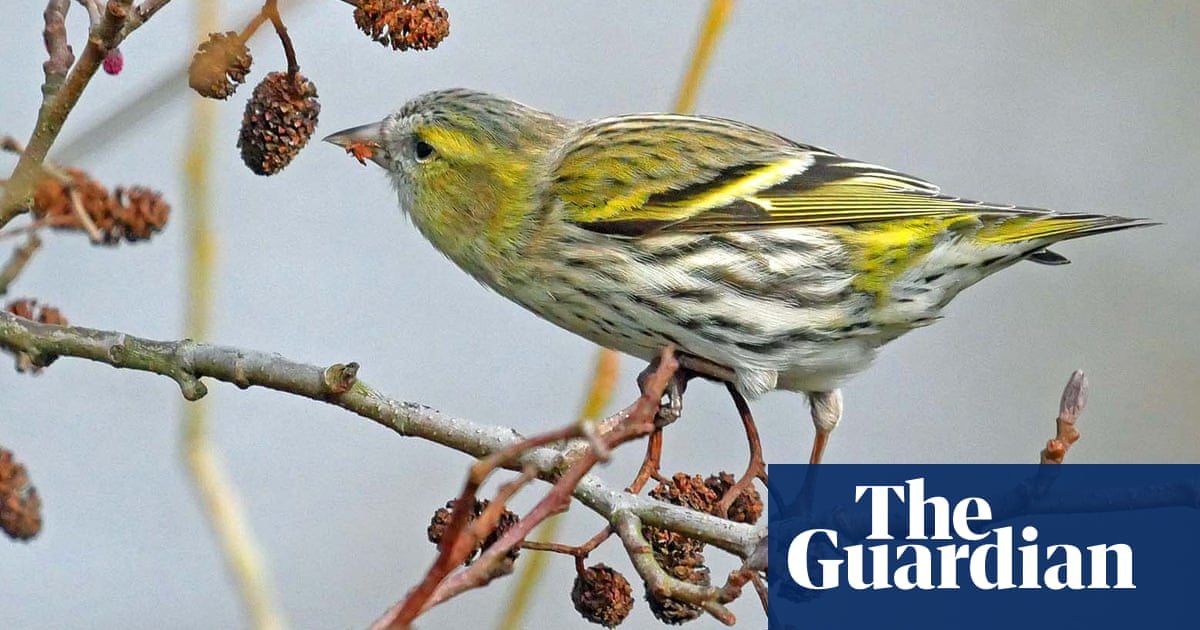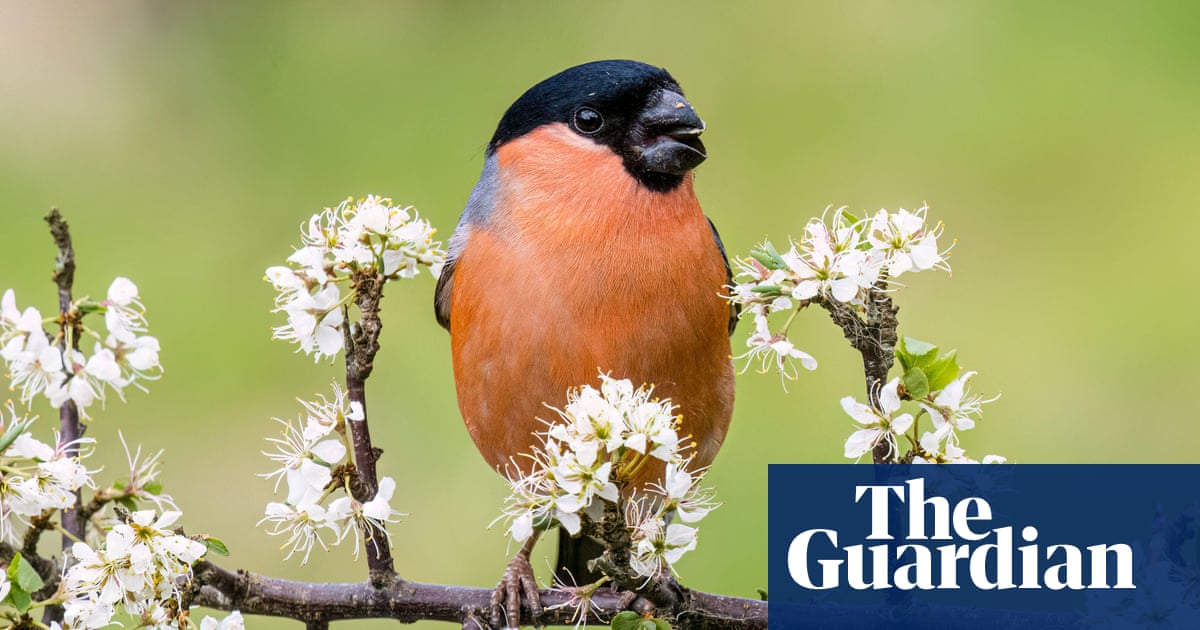
The birdsong that best counterpoints relaxed and sunny days is surely the sonorous, easy fluting that drifted up from the bottom of the garden. Where was it coming from? What bird was making it? This was not the tunefulness of my favourite blackbird – the one with white feathers on his rump, who serenades each morning I’m here. The tempo was slower, the tone richer, the impression altogether more mellow. I went indoors for a spyglass, scanned the bushes, found nothing. Still those cadences filled the air with sweetness.
Suddenly, the tops of the ash trees seemed dappled with glancing sunlight, from the midst of which a vision in black and gleaming gold swooped down to a bunch of dark grapes hanging from the pergola above my head. You cannot mistake a male golden oriole. In full view now, he gorged himself on fruit, feeding up for the long flight to equatorial Africa. Grapes and ripe figs on the terrace are an irresistible lure to birds on migration. A taste for them has been to the oriole’s disadvantage historically, rendering sweet and succulent the few grams of flesh they provided to heartless epicurean gluttons, for whose tables these exquisite birds were slaughtered in tens of thousands. WH Hudson tellingly said “if protected, [orioles] would probably become an annual visitant [to Britain]”. In our time it is classified as “rare visitor”.
There’s a passage in Giraldus Cambrensis’s The Journey Through Wales of 1188 where he and Archbishop Baldwin, with whom he was recruiting for the Crusades, encountered one near Bangor: “a bird in a nearby coppice began to sing very sweetly … it was an oriole, remarkable for its gold and yellow colouring.” Its brightness and dramatic contrast between gold and black is indeed remarkable. The only other bird I’ve seen to match its visual and aural impact was a blue-crowned motmot that peered into a wooden cabin where I was staying in Tobago, and hooted in a deep and resonant quaver.
As I watched, the oriole stopped feeding and sped back into the ash foliage, where it became invisible against the shifting lemon-brightness on the leaves.




